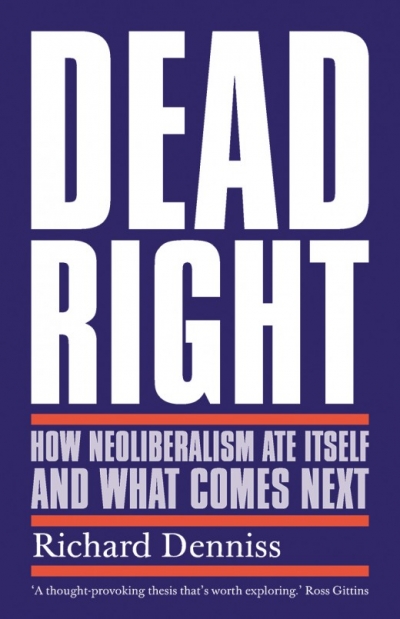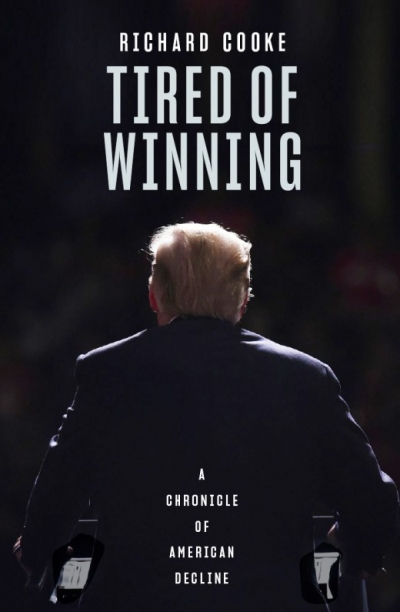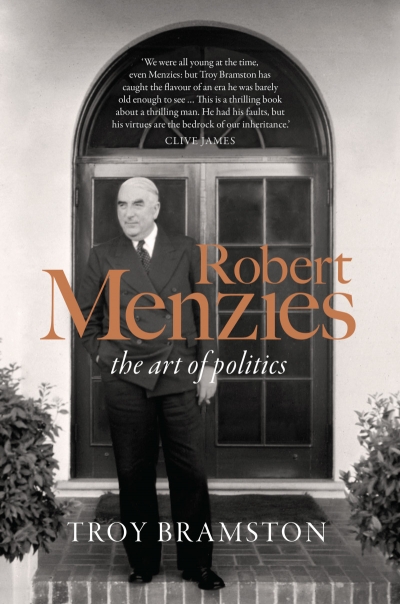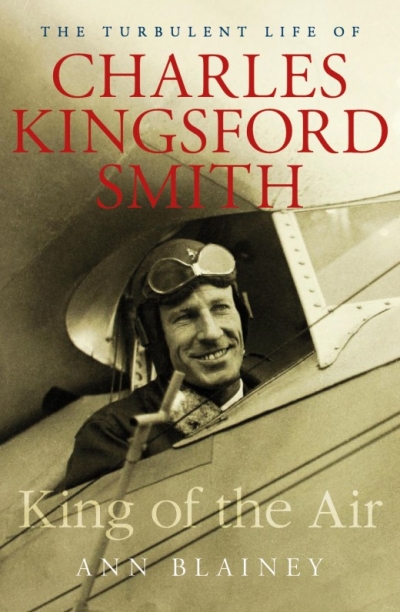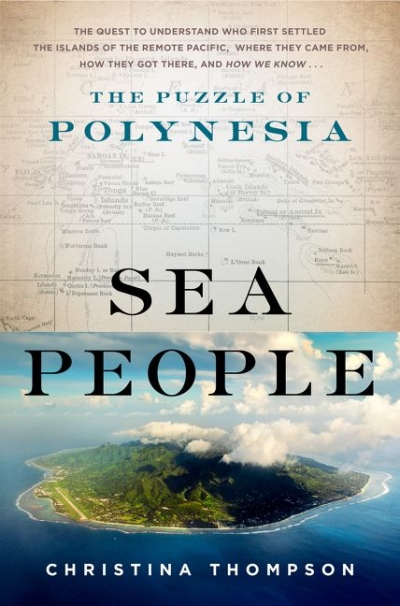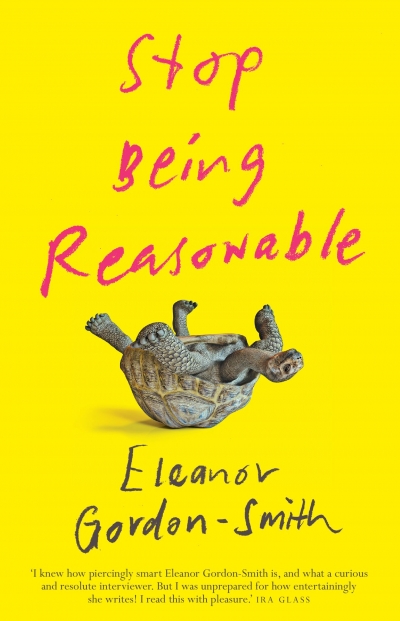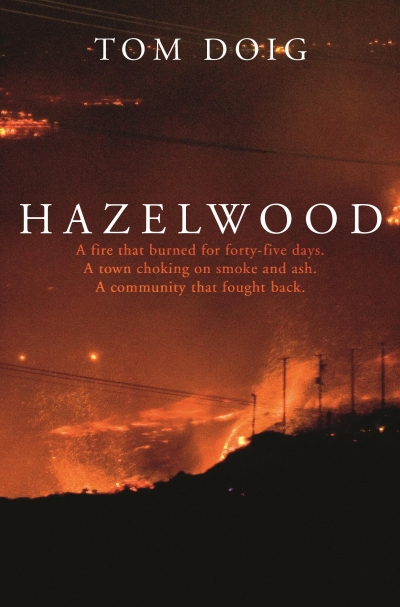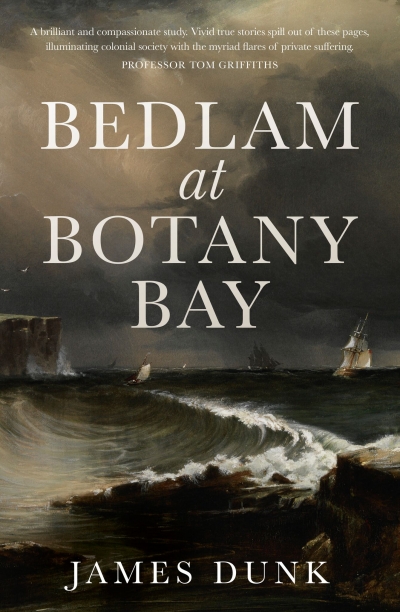Non Fiction
Faber & Faber: The untold history of a great publishing house by Toby Faber
The ‘untold history’ of Faber & Faber should be a cause for celebration. For so many of us, possessing the unadorned, severe paperbacks with the lower-case ‘ff’ on the spine meant graduation to serious reading: coming of literary age by absorbing the words and thoughts of Beckett, Eliot, Larkin, Stoppard, Hughes, Plath ...
... (read more)Dead Right: How neoliberalism ate itself and what comes next by Richard Denniss
A spectre is haunting Australia, that of neo-liberalism. For the last thirty years, both major parties have subscribed to its tenets in order to propitiate big business. It is an ideology (and language) that dare not speak its name. Instead, from London, from Berlin, from Washington, DC, politicians beat the gongs of ...
... (read more)Tired of Winning: A chronicle of American decline by Richard Cooke
Tired of Winning: A chronicle of American decline by journalist and essayist Richard Cooke begins with the shock of Donald Trump’s election on 8 November 2016. In New York’s Lincoln Square, thousands of Clinton supporters were ‘stunned into silence’ while ‘a posse of drunk frat boys in MAGA caps announced themselves ...
... (read more)King of the Air: The turbulent life of Charles Kingsford Smith by Ann Blainey
People spent a lot of time looking for the pioneering aviator Charles Kingsford Smith. When he disappeared for the final time in 1935 just south of Myanmar, then known as Burma, he was just thirty-eight but felt ancient. Hopeful rescuers came from far and wide, but their efforts were not rewarded ...
... (read more)Sea People: The puzzle of Polynesia by Christina Thompson
When asked to review Sea People: The puzzle of Polynesia, I thought it might be hard work – improving, but not necessarily fun. I could not have been more wrong. The book is a triumph. Exploring the remarkable history of Polynesian migration to the ‘vast triangle stretching from Hawaii to New Zealand to Easter Island’, it is magnificently researched, assured, and elegant ...
... (read more)If you’ve somehow avoided listening to podcasts, you will have missed out on the recent explosion of long-form audio storytelling – and I mean it, you’ve really missed out. The show which pioneered the form, This American Life (TAL), pulls a cool four to five million listeners each week ...
... (read more)Tom Doig’s Hazelwood begins with Scott Morrison proclaiming to Parliament, ‘This is coal. Don’t be afraid … It won’t hurt you’, and concludes, 284 riveting pages later, that ‘the Australian coal industry doesn’t just cause disasters – it is a disaster’. In February 2014, during ‘the worst drought and heatwave south-eastern Australia had ...
... (read more)Blackout: How is energy-rich Australia running out of electricity? by Matthew Warren
Australia’s energy transition has been hotly debated for a decade, and it doesn’t look set to cool anytime soon. Blackout: How is energy-rich Australia running out of electricity? offers readers the chance to be an informed participant in the debate. For more than a century, decisions about our electricity system have been left to the experts ...
... (read more)James Dunk is not the first Australian historian to notice that mental breakdown was surprisingly common during the first two European generations in New South Wales. Malcolm Ellis linked the ‘Botany Bay disease’ to rheumatic fever, rife on shipboard, which ‘ruined the lives or unbalanced the minds of … many pioneers’. Manning Clark spoke of ...
... (read more)


